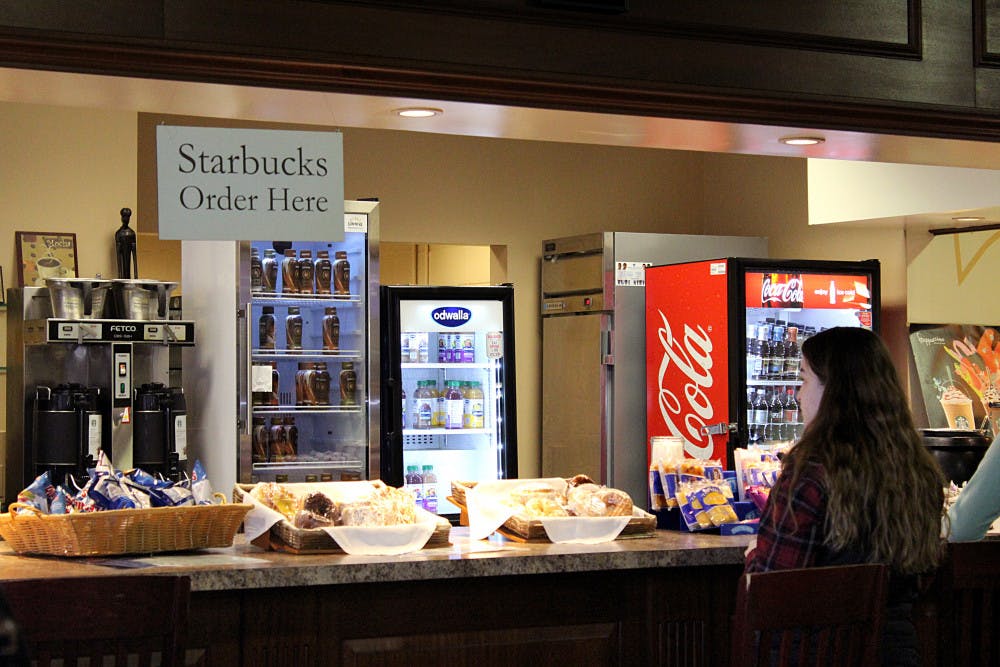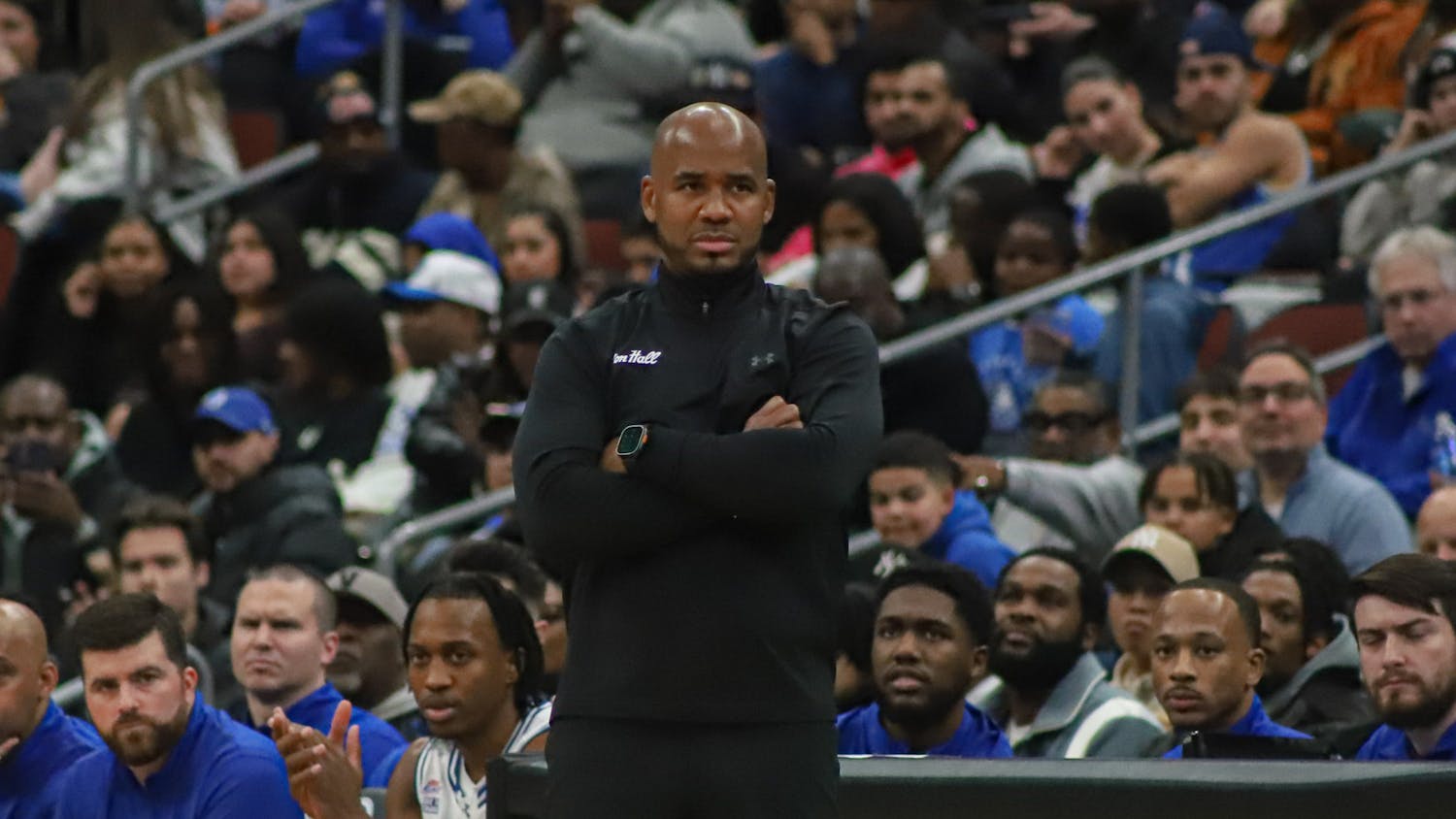As Alcohol Awareness Month kicks off around the nation to inform the public about the stigmas of alcoholism and recovery, the University looks back to it’s history regarding its once strict – and not so strict – alcohol regulation policies on campus.
According to Alan Delozier, the University archivist, Seton Hall was originally a dry campus. Alcohol policies in 1865 stated that students who were intoxicated, whether it be on or off campus grounds, would be asked to leave the University, Delozier said. Administration also regulated when students were permitted to leave campus and sent report cards home to parents every semester.
“As we go through the 19th century, not a lot changed,” Delozier said. “In the 20th century there were a lot of social movements happening. Prohibition came in the 1920s and 30s, so across the board people couldn’t drink.”

During this time, Seton Hall even had to get special dispensation to serve wine at communion Delozier said.
Years down the road in 1971, the University was a much different place. The college became a university in 1950 and women were allowed to matriculate three years before. The alcohol policy was radically different as well.
After years of work, the Student Government Association (SGA) finally obtained a club permit in 1971 and opened The Pub on the first floor of the University Center, where The Pirate’s Cove now resides. The Pub offered live entertainment almost every night and served alcohol. According to a notice that was sent out to students by SGA, those looking to enter The Pub were required to carry a membership card and to behave in accordance with town laws. The Pub was a popular destination for students, who were allowed to bring outside guests.
In 1973, the drinking age in New Jersey was lowered from 21 to 18. The same rules applied to all students looking to socialize at the on-campus bar. Throughout the 1970s, The Setonian ran advertisements for Pabst Blue Ribbon and other beer and liquor brands.
By 1983 the drinking age had been raised back up to 21 with the National Minimum Drinking Age Act and the University Pub lost a lot of revenue, citing a lack of attendance, according to Delozier. Seton Hall has always worked in accordance with New Jersey state law to regulate the consumption and possession of alcohol by students, he said.
A little over a decade later the bar permanently closed its doors due to The Pub no longer making money, The Setonian reported in January 1996. This followed a raid of the bar that found several underage guests and students drinking alcohol. Two bartenders were charged with serving minors. After the raid, the administration banned the attendance of outside personnel in the bar, which was a huge contributor in its decline.
According to an article published by The Setonian in February 1996, the University was dealing with a crisis. Sixteen percent of undergraduates were on academic probation. Police officers in town had started to go undercover in the local liquor stores to catch underaged students purchasing alcohol. This program was called “Cops in Shops” and was created in 19 cities and towns in New Jersey, many of which were college towns.
An opinion column submitted the same year by former student Jason Giampietro stated that the lack of activities for students on campus and in South Orange was the reason for the high volumes of underaged drinking and other crimes, including sexual assault, and robbery.
“With different eras, there is different expectations in terms of what the administration is looking to accomplish,” Delozier said.
Today, Seton Hall’s alcohol policy is a little different. According to a March 22 statement on SHU’s website, students who are of legal drinking age are allowed to have a maximum of one liter of hard liquor, or wine, or one six-pack of beer for their own personal consumption. They are not allowed to offer it to minors nor are they allowed to drink in public places.
According to the statement, students who fail to comply with these orders will be subject to a variety of disciplinary actions including reassignment to other residence halls, cancellation of Housing License Agreements or civil prosecution.
Yvonne Pruitt, a sophomore theatre major, who is in the Zeta Tau Alpha sorority, said she thinks that the University’s policy on serving alcohol at Greek and other school events is too strict.
“I believe that instead of banning it they should allow alcohol at functions and events. By banning it they are not showing that alcohol can be consumed responsibly,” Pruitt said. “It’s like forbidden fruit. Students want it because they can’t have it.”
Pruitt added, “For the most part I think [the regulations] are fair. Legal drinking age is 21 and the upperclassmen dorms respect those student’s rights to drink alcohol.”
Brynne Connolly can be reached at brynne.connolly@student.shu.edu.





